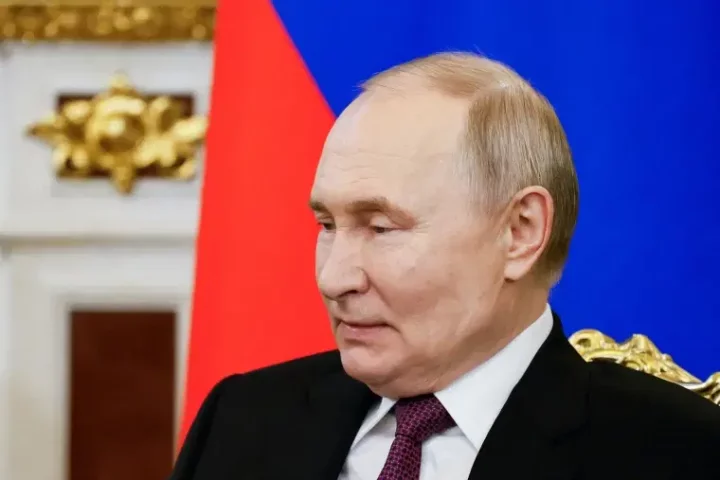
In the shadow of Russia's war with Ukraine, a more insidious conflict is unfolding - one that places young Nigerian women at the centre of a 21st-century colonial exploitation scheme.
The manufacturing complex in Alabuga, Russia, appears unremarkable from the outside. Inside, however, lies evidence of how modern imperialism operates: dozens of young Nigerian women, alongside peers from other African nations, meticulously assembling components for suicide drones that will eventually rain destruction on Ukrainian cities.
These women didn't travel thousands of miles to build weapons of war. They were promised education, opportunity, and generous salaries through Russia's "Alabuga Start" programme-a recruitment initiative that has systematically targeted African youth with slick marketing campaigns and the veneer of official government endorsement.
"I thought I was going to study computer science," recalls Amina (not her real name), a 23-year-old Nigerian who spent six months at Alabuga before escaping the programme.
"Instead, I spent 10 hours a day in factories handling chemicals and adhesives. The classrooms they showed in their videos? We went there maybe twice a week, if that."
The deception runs deep. When Nigeria's ambassador to Russia, Professor Abdullahi Shehu, toured the facility in 2023, he was shown a carefully curated version of the programme. "They cleaned everything and took us to special areas," Amina explains. "The ambassador never saw where we actually worked or the military components."
Russia's targeting of Nigerian youth isn't random-it's strategic. Facing manpower shortages due to its prolonged conflict with Ukraine and western sanctions, Russia has turned to Africa's young workforce as a solution.
The economic logic is straightforward: these young women represent affordable labour for Russia's war machine. With promised monthly salaries of $7000-far above Nigeria's minimum wage-the programme appears attractive to economically vulnerable youth. Yet participants report receiving only a fraction of their promised wages, if anything at all.
A Ugandan currently in Russia revealed that almost everything they were promised was false. 'The working hours are longer, and the payment is not the $700 that we were promised,' she said in a message to Ugandan publication New Vision. We sleep in hostels and are constantly monitored. Besides, the $700 that we were promised is subject to a lot of deductions, including accommodation, bus fare and taxes.'
Nigeria's diplomatic apparatus has failed to adequately protect its citizens from this exploitation. Whether through negligence or calculated indifference, official channels have been slow to acknowledge the problem, much less address it.
This diplomatic paralysis reflects a broader pattern in Nigeria's foreign policy approach-one that critics describe as reactive rather than proactive, especially regarding the welfare of citizens abroad.
The consequence is a diplomatic blind spot that Russia has skilfully exploited. By securing endorsements from diplomatic representatives like Ambassador Shehu, the Alabuga programme gained a veneer of legitimacy that helped convince potential recruits of its authenticity.
Russia's exploitation of Nigerian youth extends beyond the Alabuga programme. The Wagner Group, Russia's notorious mercenary organisation, has reportedly recruited hundreds of African men, including Nigerians, to fight and die in Ukraine.
Meanwhile, Russian enterprises continue extracting natural resources across the African continent, often through opaque deals that provide minimal benefit to local communities.
This contradiction between Russia's anti-colonial rhetoric and its exploitative practices becomes particularly stark in the case of Alabuga. A leaked recording published by the British newspaper Daily Mail revealed the racist attitudes underlying the programme, with one recruiter describing African participants as people who "smell and look strange."
Nigeria's inability to protect its citizens from exploitation reflects deeper policy failures-inadequate labour migration frameworks, insufficient diplomatic resources, and the absence of robust intelligence gathering on potential threats to citizens abroad.
"We need a comprehensive overhaul of how we approach labour migration," argues Dr. James Adewale, a policy analyst In Abuja. "This includes stricter verification of foreign employment schemes, bilateral labour agreements that protect Nigerian workers, and rapid response mechanisms when exploitation is detected."
For immediate action, experts recommend a multi-pronged approach: establishing a dedicated task force to secure the return of Nigerians currently at Alabuga, launching a thorough investigation into how the programme gained official endorsements, and developing an early warning system to identify similar schemes before they take root.
"This isn't just about rescuing individuals, though that's urgently needed," notes Dr. Adewale. "It's about asserting Nigeria's sovereignty and sending a clear message that our citizens are not disposable labour for foreign conflicts."
How Nigeria responds to the Alabuga crisis will reveal much about its capacity to protect citizens in an increasingly complex global environment. The exploitation of Nigerian youth in the service of Russia's war machine represents more than a humanitarian concern-it's a direct challenge to Nigeria's sovereignty and self-determination.
"When a foreign power can recruit our youth through deception, use them to build weapons for an international conflict, and face no consequences, it signals profound weakness in our national security architecture," observes Dr. Imole Philip, a national security analyst.
The young women at Alabuga-far from home, building instruments of war against their knowledge or consent, exposed to dangerous chemicals and now Ukrainian counterattacks-represent a failure of Nigeria's duty to protect its most vulnerable citizens.
Their plight demands not just diplomatic protests but a fundamental reconsideration of how Nigeria engages with foreign powers. In a world where exploitation takes increasingly sophisticated forms, Nigeria's approach to protecting its citizens must evolve accordingly.
As Amina, now safely returned to Nigeria, puts it: "I don't want anyone else to experience what I did. My government should have protected me. They should protect others now."

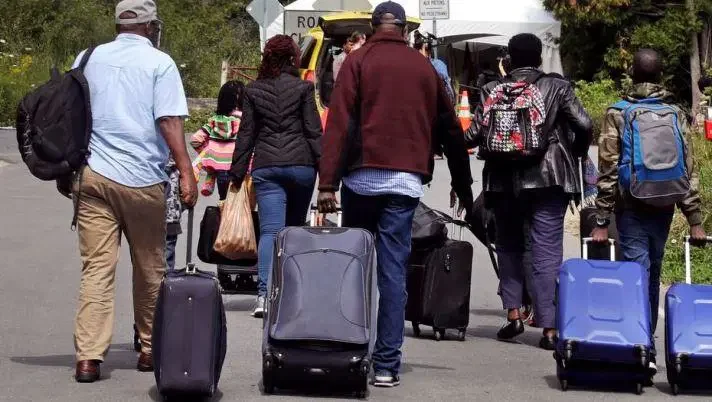


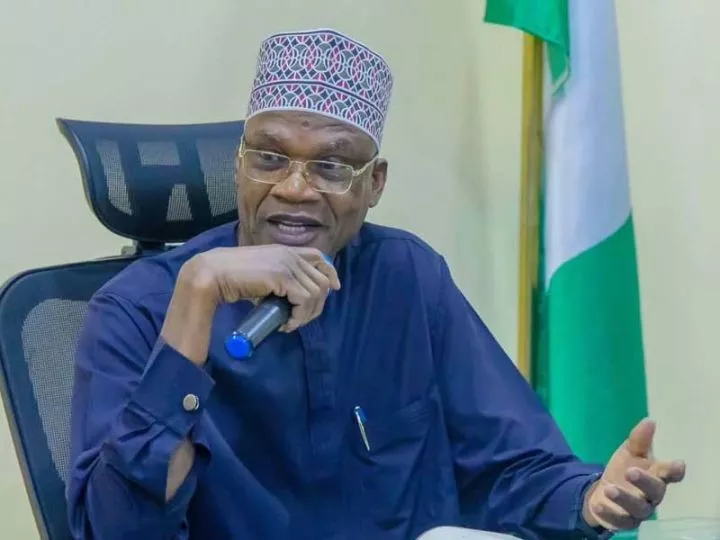

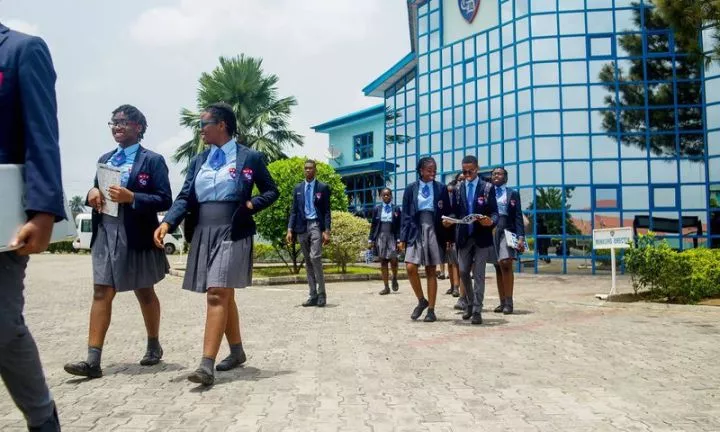

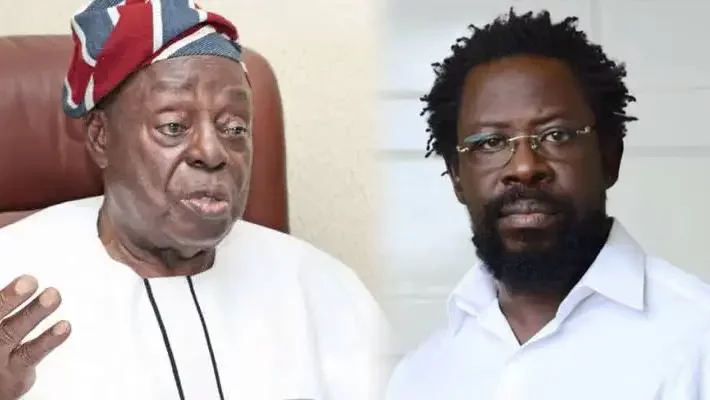







Comments